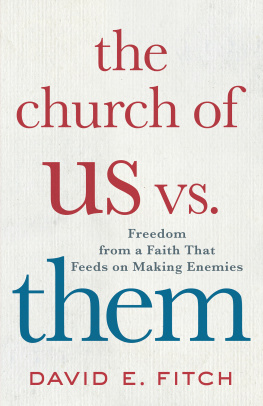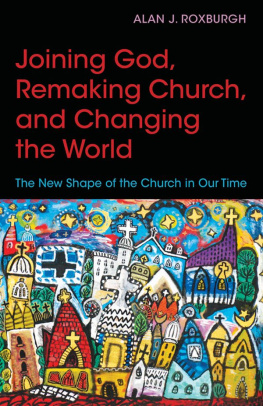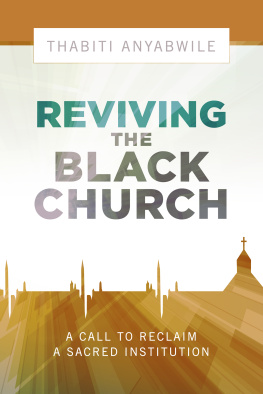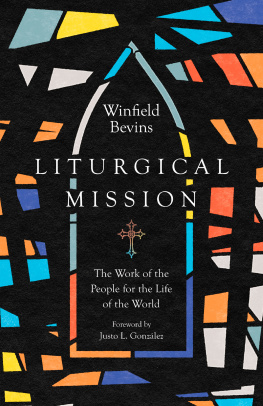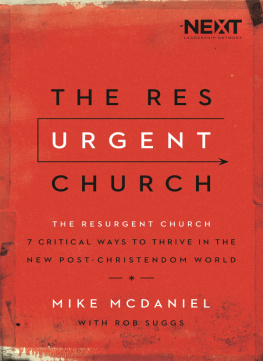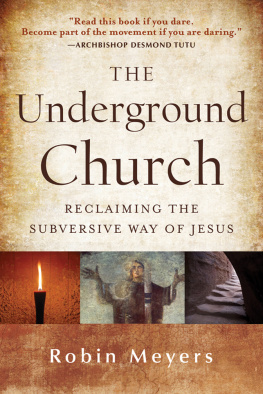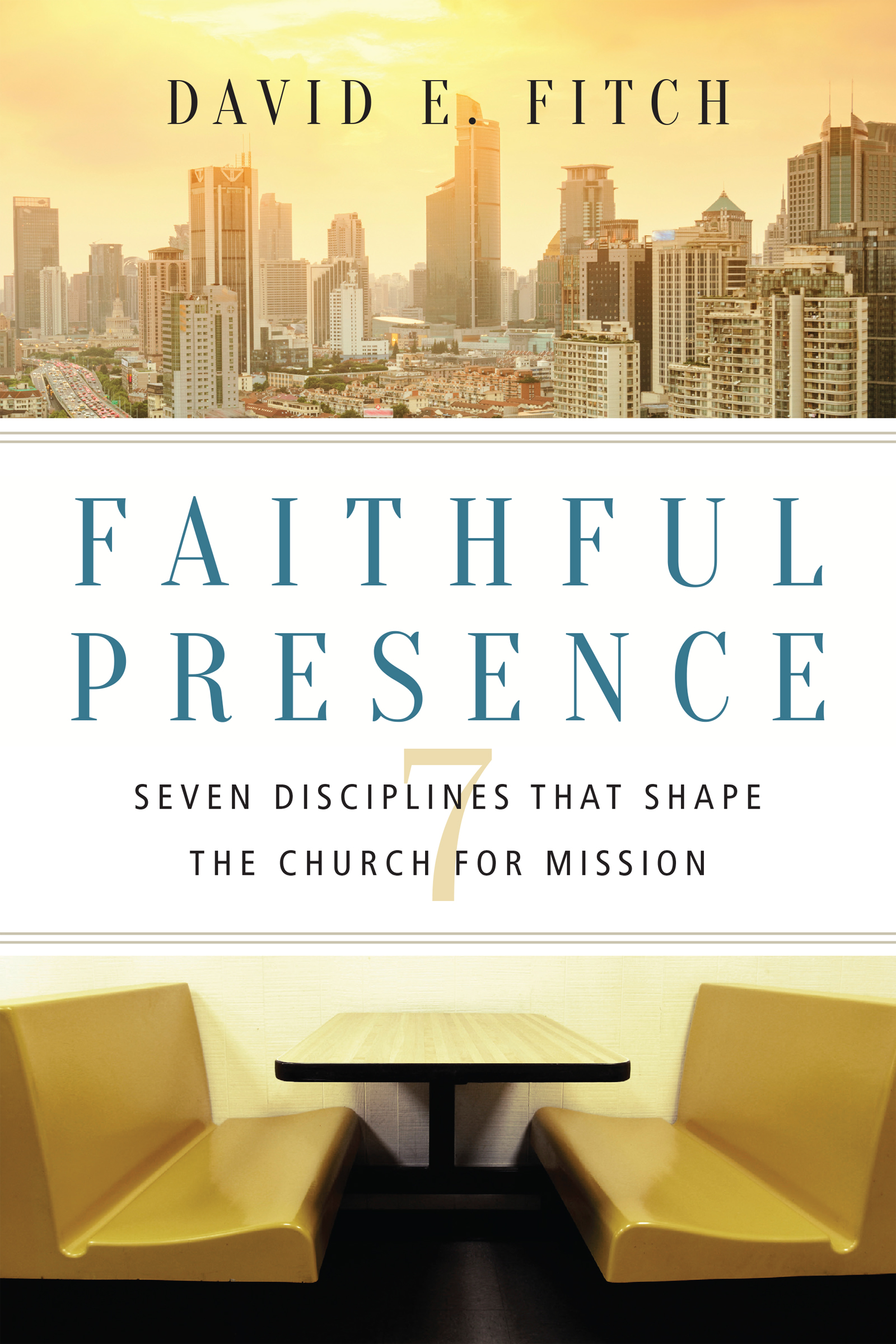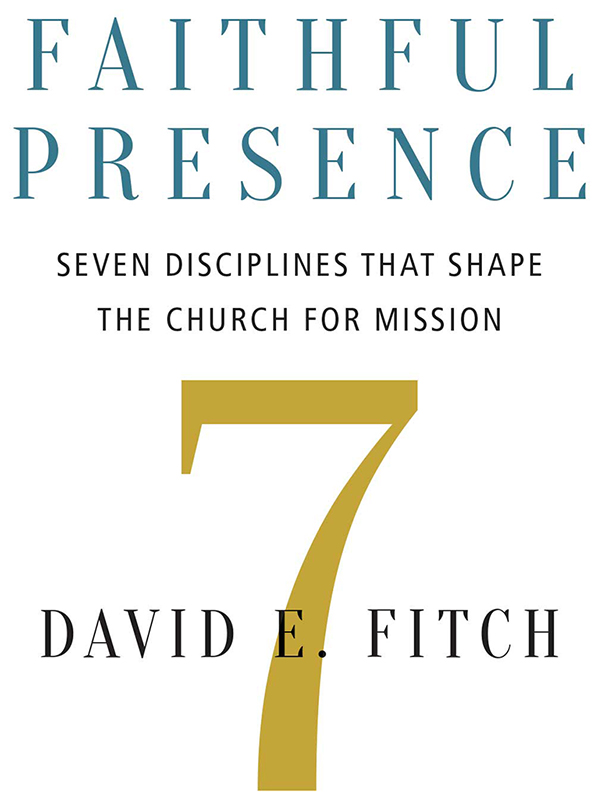Introduction
Searching for the Real Church
W hen I was seventeen, my father dropped me off at a small Midwestern Christian college. As he drove off, I waved goodbyeand then it dawned on me: for the first time in my life I was completely on my own. Among other things, I could now choose which church to go to and indeed whether to even go to church at all. Up until then, that had all been determined by my family.
The Student Affairs office encouraged all new students to find a church, so I immediately began shopping for a good one. I listened to the upperclassmen, who told me there was this church where the pastor was hip, dressed in normal clothes and talked with you as if you were a real person. Imagine that, I thought, a pastor who treats you like a real person. Predictably, many of us settled on that church. Nonetheless, this whole experience jolted me. For years I had attended church without asking why. I came face to face with the fact that, apart from my family, I felt little connection to church. I didnt see why it was necessary for me. Now I was not only asking, Why would I go to one church over another? but, Why would I even go to church? Is the church even necessary for me to impact the world?
Many Christians I meet are asking similar questions. Weve grown tired of church programming that tries harder each year to keep our attention by any means. Amid a frantic life, many of us are merely happy to have made it to church on Sunday. And then we find it doesnt connect with the rest of our lives. And so we are fatigued by church. Why bother?
Yet many Christians still go to church. Old habits die hard. We still connect with God in worship on Sunday. But after Sunday morning worship, we step out into our everyday lives and suddenly are in a different world. The Sunday sermons give us some to-dos for the week, and we try to be better Christians. But all this proves uninspiring when the rubber meets the road. When broadcast news or social media blare out the reality of the gross injustices of our world, the racial injustice, the sexual confusion, we find it impossible to relate our life on Sundays to these imposing struggles.
Does the church have anything to offer a world full of injustice? Can the church reach out to the worlds around me in a way that doesnt judge them, alienate them, or ask them in some way to come to us? Can the church engage the hurting, the poor, and the broken with something more than just handouts? We have seen the programs, the missional church, the justice teams, the church in a coffee house or a bar, and nothing seems to change. Cant we do all of this better without the church?
In this book I propose to answer these questions with the phrase, faithful presence.
Faithful presence names the reality that God is present in the world and that he uses a people faithful to his presence to make himself concrete and real amid the worlds struggles and pain. When the church is this faithful presence, Gods kingdom becomes visible, and the world is invited to join with God. Faithful presence is not only essential for our lives as Christians, its how God has chosen to change the world. In this book I aim to describe what this faithful presence looks like.
But even more than describing this reality, I want to get intensely practical. I want to suggest that certain disciplines given to us by Christ shape us into being this kind of presence in the world. It doesnt just happen. We need practices that shape us to be a community of his faithful presence. And so the biggest part of this book will explore seven disciplines through which Christians are shaped by Christ to be his faithful presence in the world. Recovering these disciplines drives this book. It is, I contend, what it means to be the church.
Faithful Presence as the Calling of the Church
Several years ago I started going to a McDonalds in my neighborhood. There, early in the morning, I would drink coffee, grade papers, do research, have meetings, and do other things pastors and professors do. A friend eventually challenged me to see this local McDonalds as the arena of Gods Spirit at work. Instead of seeing it as merely a place to do my own work, instead of even seeing the hundreds of people that pass by as candidates for my come to Jesus evangelism speech, I was challenged to see this place as a vibrant arena where God was truly present. I was exhorted to enter this place peacefully and be present with every person who came my way, pay attention to all that was going around me, and tend to Gods presence here. For a few hours in the early morning, I started to do that regularly.
As time went on I started to meet an array of people in surprising conversations. I got to know people struggling to hold onto a job, abused by a spouse, or mistreated by police. I got to know some police themselves. I shared tables regularly with people who lived in cars and vans. I became enmeshed in a network where God was working in peoples lives, and I was swept up into it. I had never been invited into the lives of so many people as I was at this McDonalds (not even in a church). We encountered God together. I saw miracles of Gods presence materialize before my very eyes (some of which Ill tell about in this book). I found myself joined with people in prayer, reconciliation, healing, and proclaiming the hope of the gospel. I became a participant in Gods work. I was learning how to be faithfully present to his presence. I was catching a glimpse of what faithful presence might look like in the world.


